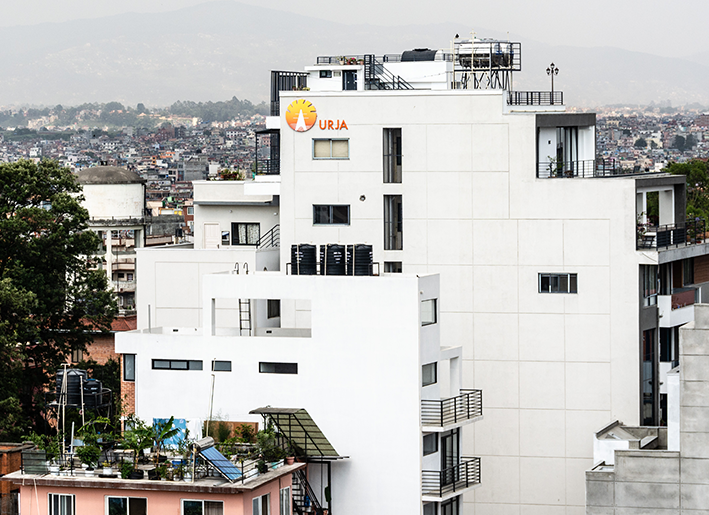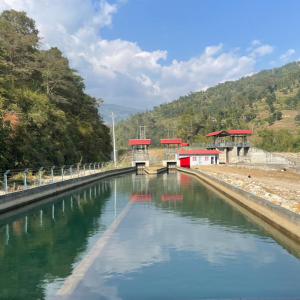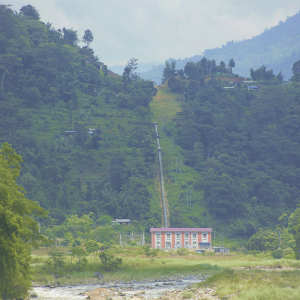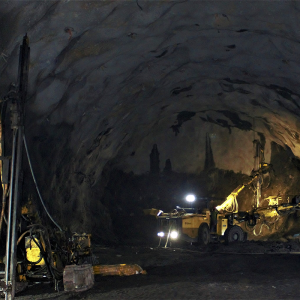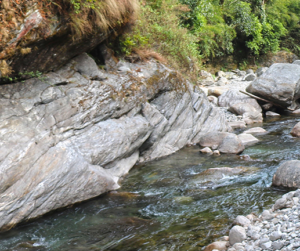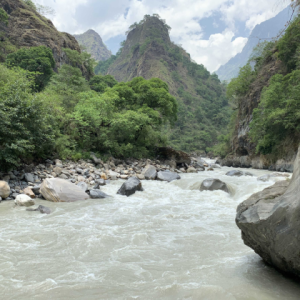Investment Opportunities in Nepal’s Power Sector
Investment Opportunities in Nepal’s Power Sector
Nepal’s government has recognized an opportunity to earn revenues by exporting valuable hydroelectricity to the South Asia region. Ministry of Energy, Water Resources and Irrigation, Government of Nepal (GoN) has planned to produce 15,000 MW by the year 2028. To reach this target, the government is pursuing reforms to increase the capacity of public sector institutions and improve the investment climate for private sector investment in the hydropower sector. Nepal has historically relied on a mix of public and private financing in the electricity sector. The country’s current installed generation capacity is divided between the Nepal Electricity Authority (NEA) and independent power producers (IPPs) including domestic and foreign private sector investments. However, Nepal needs a three-fold increase in investment to meet the projected demand to utilize the sector’s export potential. For this, Nepal has started reforming its policies and laws to attract more domestic and foreign investments as well as financing from domestic and international capital markets for investment in the renewable energy sector.
Given that the government is in the process of attracting more investments from domestic and foreign investors and financing from various capital markets, Nepal’s hydropower sector is open to 100 percent foreign direct investment (FDI) as well as for joint venture with local companies. Besides investing or forming joint ventures, commercial opportunities also exist for businesses selling products as well as services in various stages of a hydropower project.
Moreover, to facilitate FDI for large hydropower projects of more than 500 MW, the Investment Board of Nepal (IBN) was set up in 2011. With the recent developments in the cross-border power trade with India and Bangladesh, the export market will soon offer compelling investment opportunities in Nepal. Nepal’s hydropower can have a key role in the regional energy market in South Asia for a better generation mix and ensure energy security; where the bulk of the generation is from nonrenewable sources mainly coal and thermal. A regional energy trade was facilitated as Nepal signed Power Trade Agreement (PTA) with India in October 2014, paving way for the free flow of electricity as a cross-border commodity. With the amendment of cross-border power trading regulation by India in December 2018, Nepal can export electricity to India, and other third countries mainly Bangladesh, Bhutan, and Myanmar. On 10th August 2018, a Memorandum of Understanding (MoU) was inked between the Government of Nepal and the Government of Bangladesh for bilateral energy cooperation, which is expected to further expand the energy market for Nepal in the near future.




